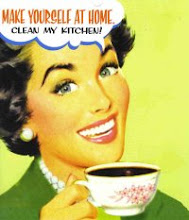When Churchill saw America’s principles of liberty, constitutionalism, and limited government, threatened with the rise of the welfare state, he admonished America to resist this soft despotism. In “Roosevelt from Afar,” Churchill admits that the American economy was suffering when FDR took office, but FDR used this crisis as an opportunity to centralize his political authority rather than to bolster the free market through decentralized alternatives. Churchill commends Roosevelt’s desire to improve the economic well-being for poorer Americans, but he critiques Roosevelt’s policies toward trade unionism and attacks on wealthy Americans as harmful to the free enterprise system. Drawing on Britain’s experience with trade unions, Churchill understood that unions can cripple an economy: “when one sees an attempt made within the space of a few months to lift American trade unionism by great heaves and bounds [to equal that of Great Britain],” one worries that result could be “a general crippling of that enterprise and flexibility upon which not only the wealth, but the happiness of modern communities depends.” Similarly, redistribution of wealth through penalties on the rich harms the economy: “far from depriving ordinary people of their earnings, [the millionaire] launches enterprise and carries it through, raises values, and he expands that credit without which on a vast scale no fuller economic life can be opened to the millions. To hunt wealth is not to capture commonwealth.” Ultimately, attacks on the wealthy only serve as a distraction from other economic issues. Read it all.
Saturday, December 4, 2010
Chuchill Waned Us
Churchill Saw It Coming
Subscribe to:
Post Comments (Atom)




No comments:
Post a Comment